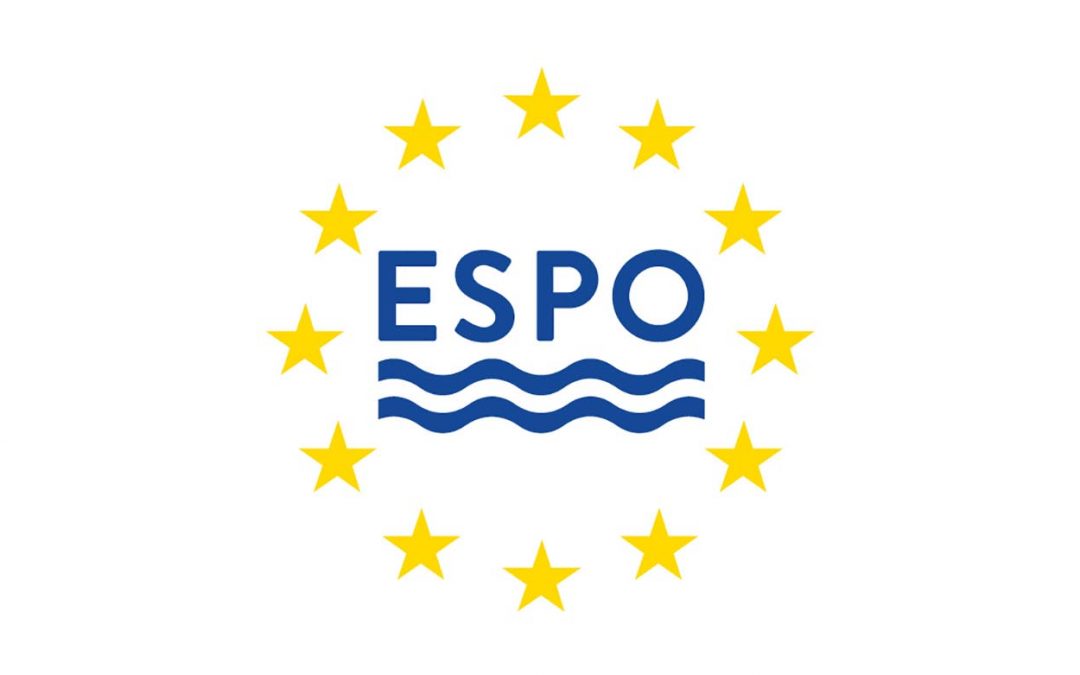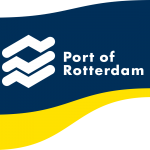On Friday 3 June, the ESPO-EFIP study on the implications of the changing energy landscape on Europe’s ports was released and presented at ESPO’s Annual Conference in Valencia.
The aim of the study is to draw a comprehensive picture of the impact of the energy transition on Europe’s ports, in particular in terms of spatial planning and infrastructure needs, as well as on the role of the port managing bodies. The report comprehensively analyses the impact of the different studied developments with regards to the linked supply chains, connectivity needs and capacity requirements. The study includes different scenarios, including ports as new entrants in the energy business and or as conventional energy ports which faces different challenges to convert into a green energy hub. Taking into account the wide diversity of ports, the port analyses the best profiles for each possible pathway or port development.
With this study the European Sea Ports Organisation and the European Federation of Inland Ports aim to increase knowledge and awareness of the various impacts that the energy transition has on ports and the different roles port managing bodies can take up.
The study has been commissioned to Royal Haskoning. The consultants assessed the impact of the energy transition on ports and port managing bodies through 17 factsheets on specific aspects of the energy transition. The fact sheets are divided over three layers. The first layer contains the measures aimed at reducing carbon emissions within the port. These include operations under the responsibility of the port managing body but also operations of shipping lines and terminal operators. The second layer focuses on the energy transition in the wider port area. This entails activities closely linked to the port: industrial clusters, linkages between the port and nearby urban areas, and connected offshore activities. The third layer considers the significance of ports in the energy transition for the wider economy and community.
“With this study we hope to assist ports in finding their individual pathway. We also consider this study to be a helpful tool for policy makers who want to understand the role of ports in the energy transition, as well as its implications on ports. We would like to thank Royal HaskoningDHV for the valuable work on this study as well as the ESPO-EFIP steering group. We hope this study serves as a basis for further thinking and discussion among ESPO members, with the larger port community, as well as with policy makers.”, says ESPO Chair Annaleena Mäkilä.
“Inland ports are committed to playing their part in achieving the green energy transition. This study comprehensively maps and identifies the challenges and opportunities that ports will be facing. Such an overview is needed to effectively plan and implement infrastructure, new business models and much more. It will be a corner stone in realising the European green energy and logistics network.”, comments Antoin Berbain, EFIP President.
“Energy transition is a highly relevant challenge for our world, as energy is both part of the problem and the solution for climate change. Promoting the understanding and dissemination of knowledge on energy transition in the port community is well aligned with our mission to enhance society together. The study clearly indicates the far-reaching consequences for ports in terms of infrastructure, strategic planning and connectivity to supply chains, as well as the opportunities for further growth. It has been our pleasure to work on this important study and we express our gratitude to the secretariats and management of ESPO and EFIP as well as experts from the community of members.” – Ms. Christianne van Dijk, Head Maritime Economics, Royal HaskoningDHV
Source: Hellenic Shipping News






